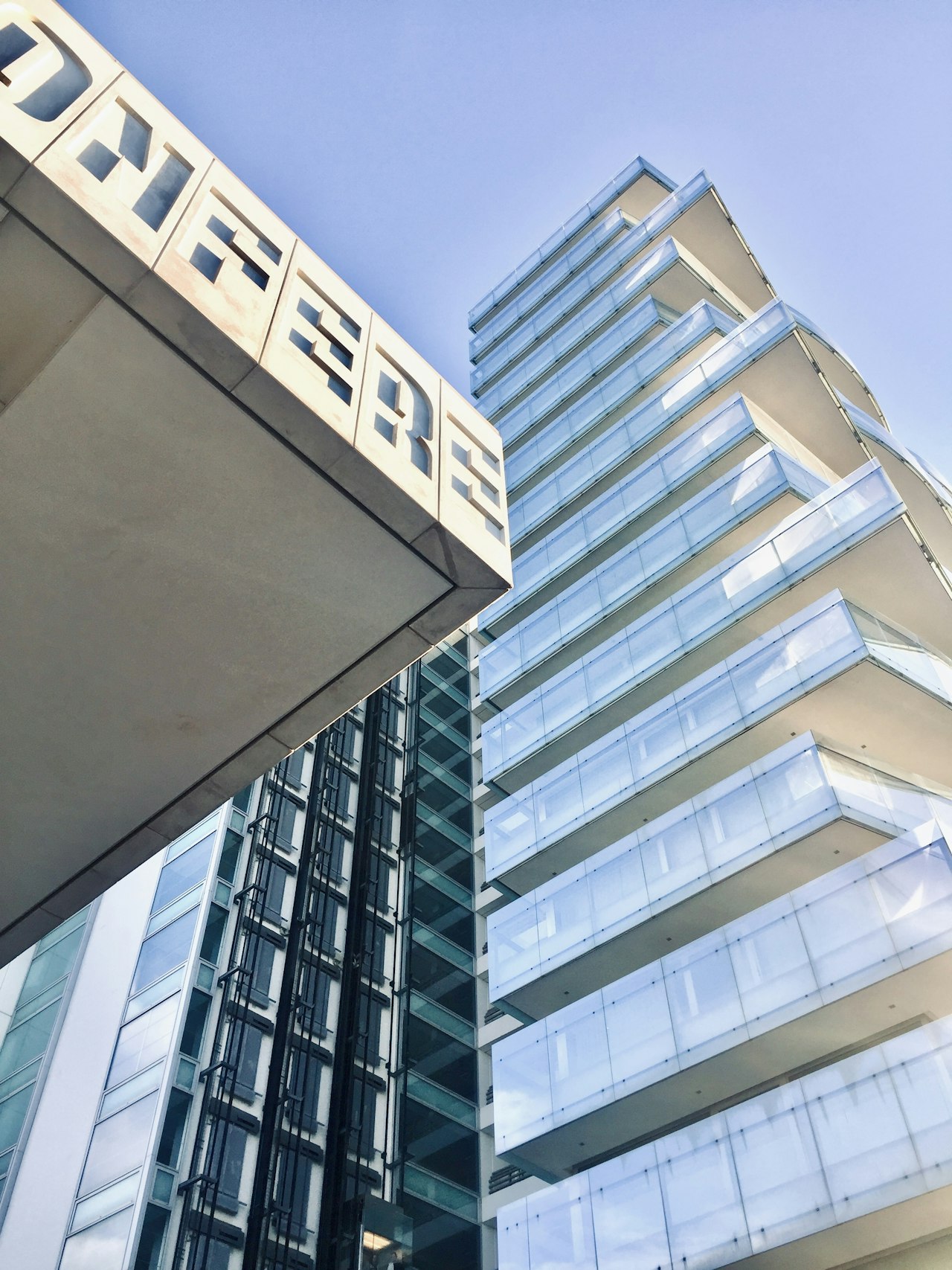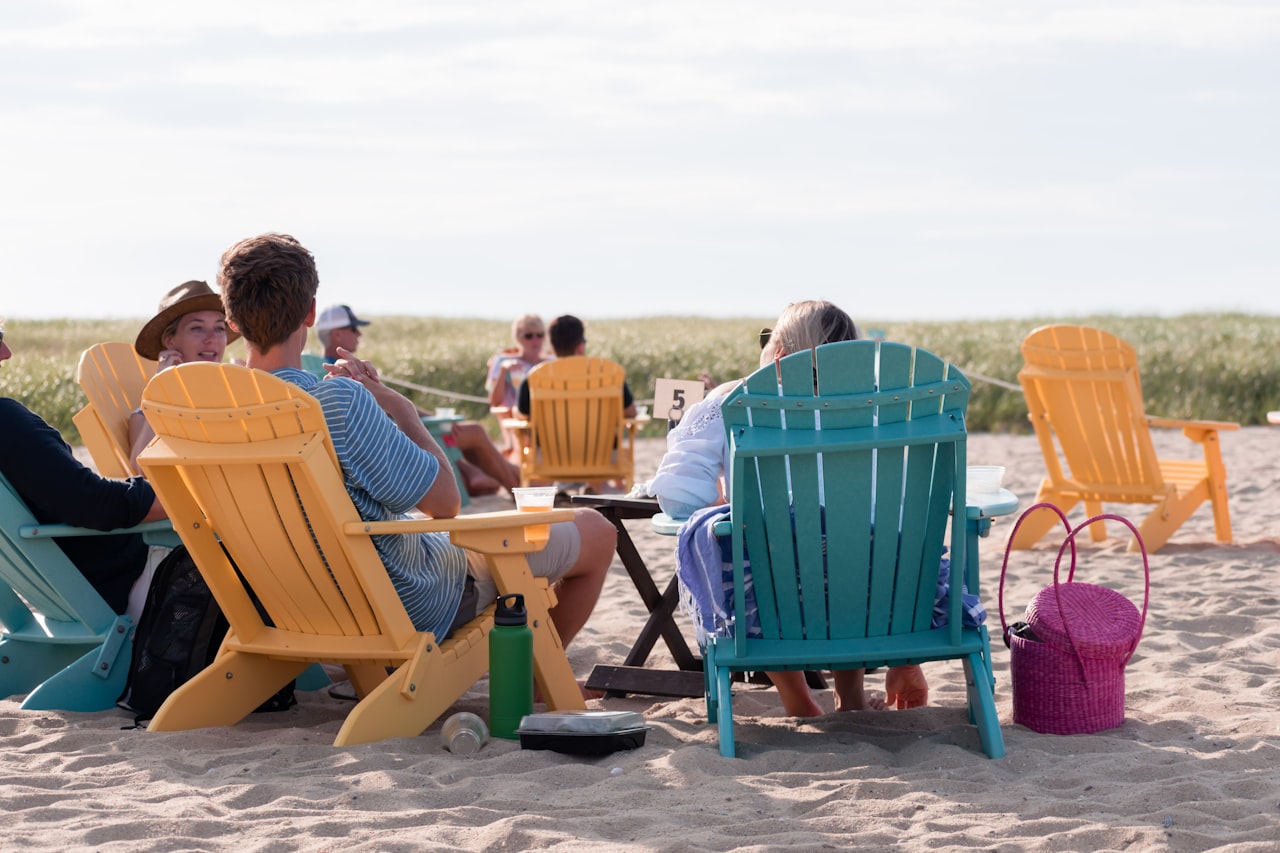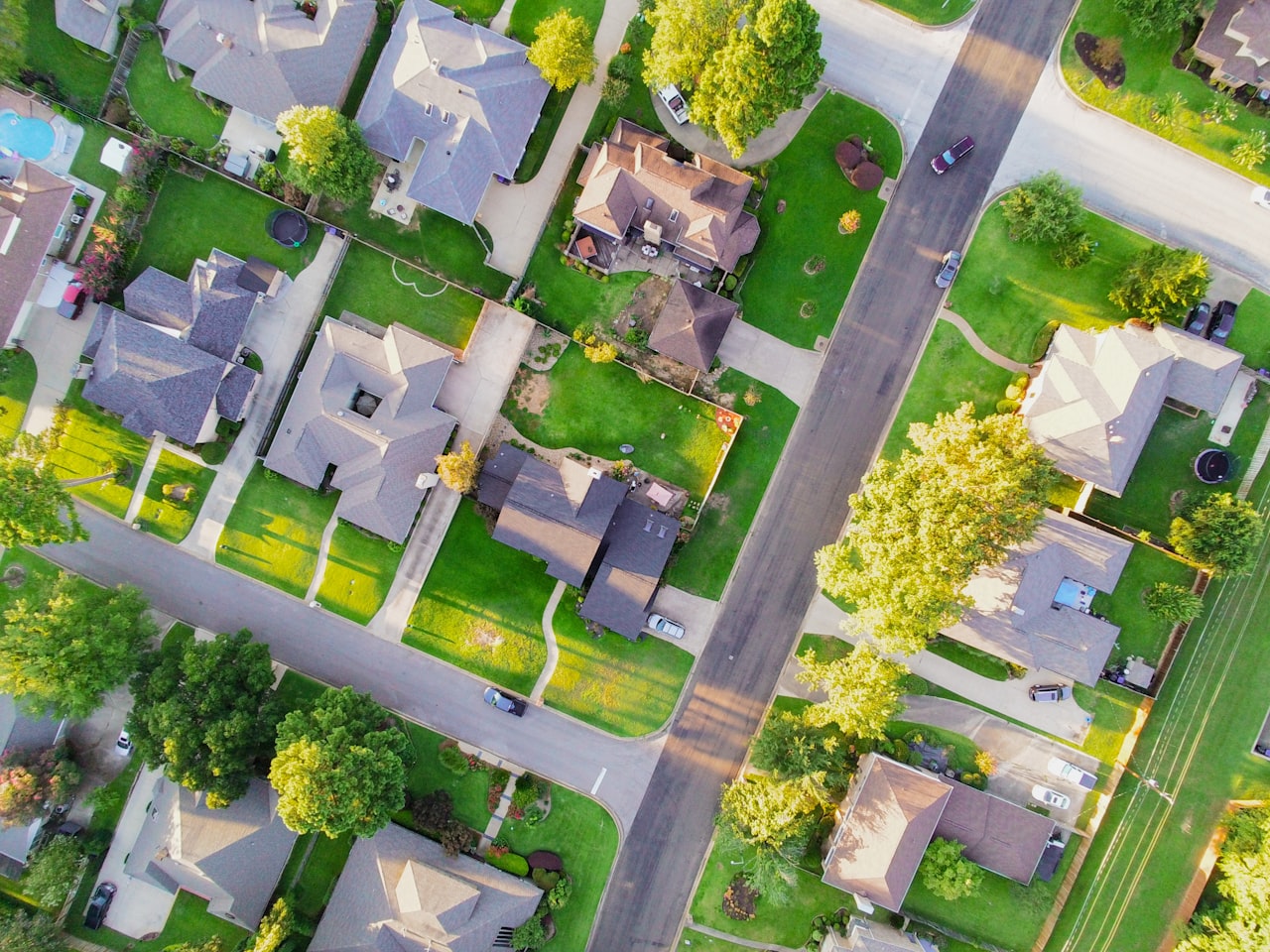As 2026 approaches, Cape Cod’s luxury market stands at a compelling intersection of long-term demand, constrained supply, and changing buyer priorities. The national conversation around real estate has grown increasingly complex—interest rates stabilizing, inventory shortages extending into their fourth consecutive year, and affluent buyers adopting a more discerning, lifestyle-driven approach to second homes.
But on Cape Cod, the signals are remarkably consistent: the luxury segment remains strong, and the motivations of high-end buyers are clearer than ever.
Drawing on our on-the-ground insights as one of the Cape’s leading luxury teams, here’s what we see shaping the year ahead.
A Market Defined by Scarcity and Stability
Unlike many metropolitan markets, Cape Cod’s luxury inventory isn’t elastic.
Between conservation land, strict zoning, and a limited buildable coastline, supply is permanently capped. Even with new construction steadily rising, the number of true luxury properties—particularly waterfront homes—remains extremely limited.
This entrenched scarcity continues to insulate values, particularly in:
-
Chatham’s waterfront and village districts
-
Osterville’s Seapuit and Wianno enclaves
-
Orleans and Harwich’s Pleasant Bay shoreline
-
Provincetown’s East End
-
Truro and Wellfleet’s bluff properties
These areas saw strong performance through 2025, even amid macro uncertainty, and we expect that trend to accelerate as affluent buyers seek long-term stability and personal enjoyment, not speculation.
Top Buyer Priorities in Cape Cod for 2026
1. Turnkey or Lightly Updated Homes
The demand for move-in-ready luxury properties has never been higher.
This is driven by:
-
Lengthy permitting timelines
-
Contractor shortages
-
A desire for immediate enjoyment
-
Second-home owners valuing convenience over projects
Homes with renovated kitchens and baths, updated mechanicals, and strong indoor-outdoor flow see the fastest absorption in the $2.5M+ segment.
2. Multi-Generational Flexibility
A post-pandemic shift that isn’t going away. Buyers want:
-
Guest houses
-
Lower-level suites
-
Multiple bedroom suites
-
Dedicated spaces for extended family
-
Future expansion potential
Properties that live like small compounds—whether officially or in layout—remain top performers.
3. Lifestyle Access (Walkability, Water, Recreation)
Buyers are evaluating not just homes, but how they’ll live in them.
Top lifestyle drivers include:
-
Walkability to town centers (Chatham, Harwich Port, Osterville, Ptown)
-
Beach proximity with minimal parking stress
-
Water access: moorings, docks, kayak paths
-
Golf-adjacent neighborhoods
-
Trails and conservation land walks
Homes in the “Golden Triangle” of Chatham–Harwich–Orleans continue to see the broadest demand, thanks to unmatched lifestyle variety.
4. Privacy + Natural Beauty
At the top end of the market, privacy is its own currency.
Buyers gravitate to:
-
Acreage parcels
-
Long private drives
-
Bluff or bay frontages
-
Estates with rolling lawn transitions
-
Homes oriented toward views, not neighbors
Quiet luxury is the current design language—and privacy is its foundation.
5. Wellness-Oriented Design
Today’s affluent buyers want homes to feel restorative.
In-demand features include:
-
Spa-like primary suites
-
Home gyms
-
Saunas (fast-growing)
-
Natural materials
-
High indoor air-quality systems
-
Sunlight-rich layouts
-
Outdoor shower experiences
The Cape’s natural environment already fosters wellness; homes that mirror it stand out.
The Investment Perspective: Why Luxury Buyers Remain Active
Affluent purchasers increasingly view Cape Cod real estate as:
-
A hedge against urban volatility
-
A store of long-term value
-
A multi-generational asset
-
A rare commodity in a constrained market
-
A lifestyle investment with high personal utility
Waterfront and water-access homes in particular function as tangible assets with built-in scarcity—a strong counterweight to inflation and market uncertainty.
What Sellers Should Expect in 2026
Well-positioned homes—turnkey, walkable, private, or waterfront—will continue to command premium pricing.
Sellers who invest in:
-
Pre-market improvements
-
High-end staging
-
Modern marketing
-
Data-driven pricing
-
Professional video and lifestyle content
…will see significant uplifts in buyer engagement and final sale price.
The Bottom Line
The Cape Cod luxury market remains one of the most resilient and desirable second-home environments on the East Coast. Affluent buyers are motivated by lifestyle, legacy, and long-term value—not speculation—and that stability will continue to shape 2026.
If you’re considering buying or selling in the year ahead, the Guthrie Schofield Group is here to provide sophisticated advisory insight, nuanced data, and the Cape’s most comprehensive luxury marketing platform.
































































































